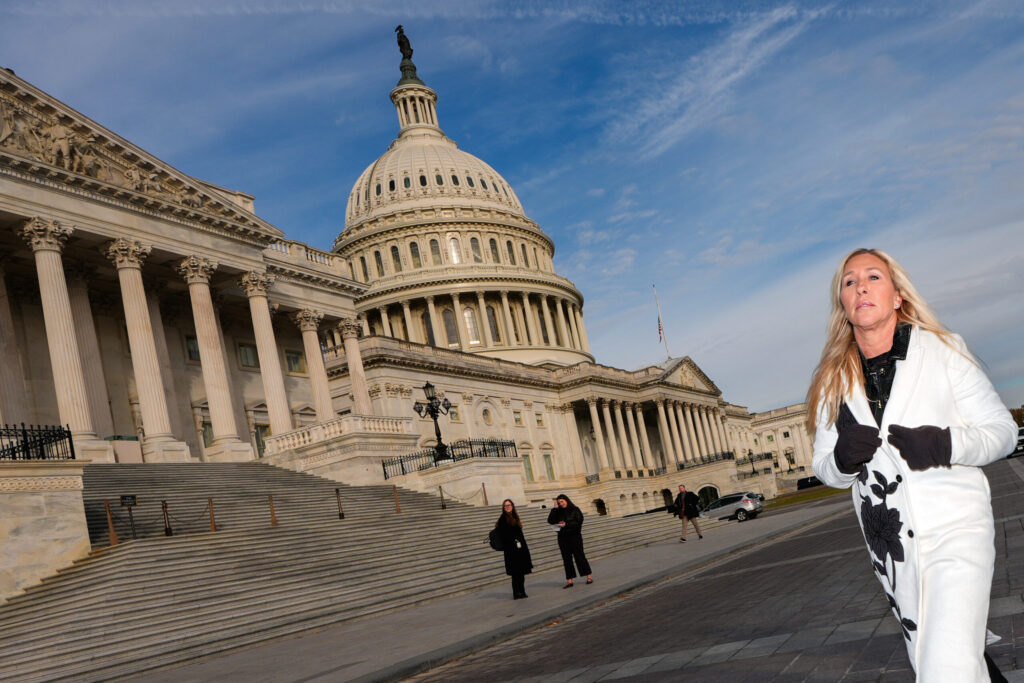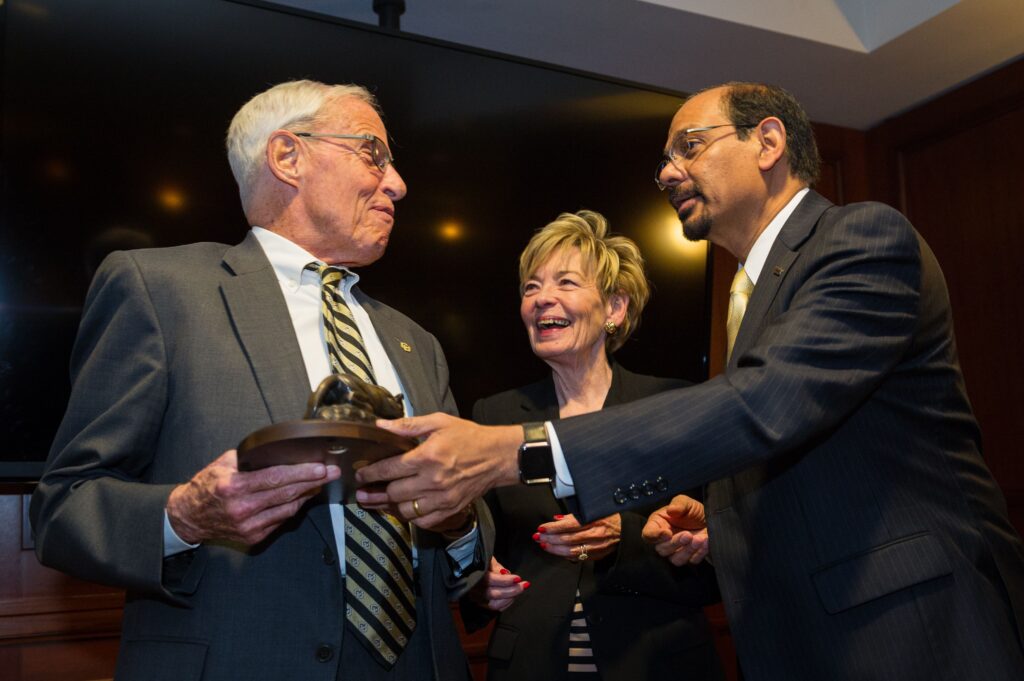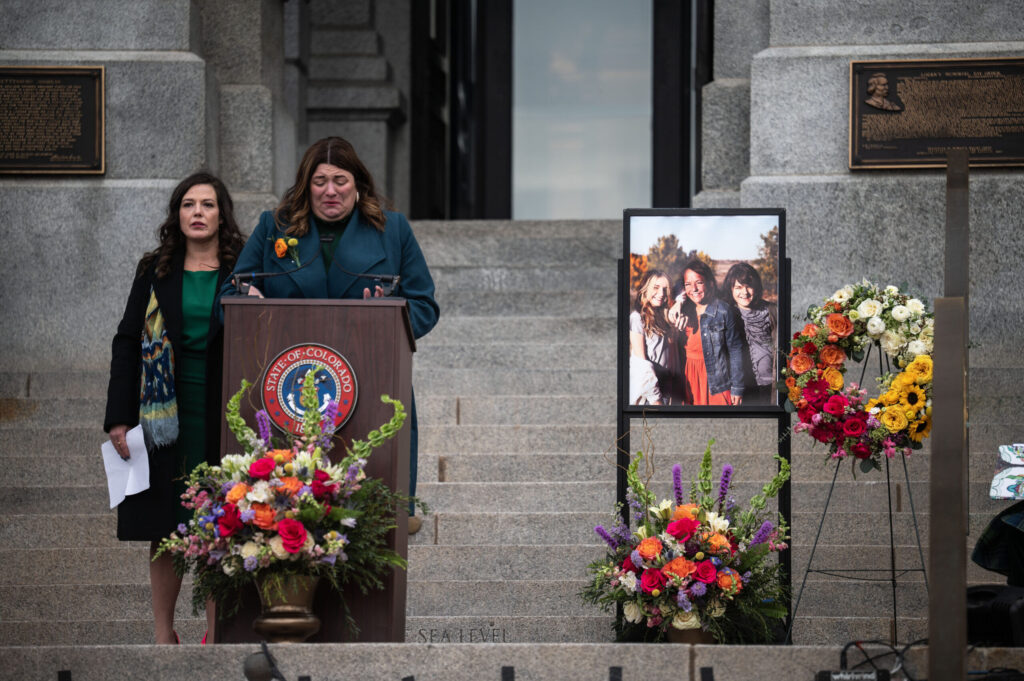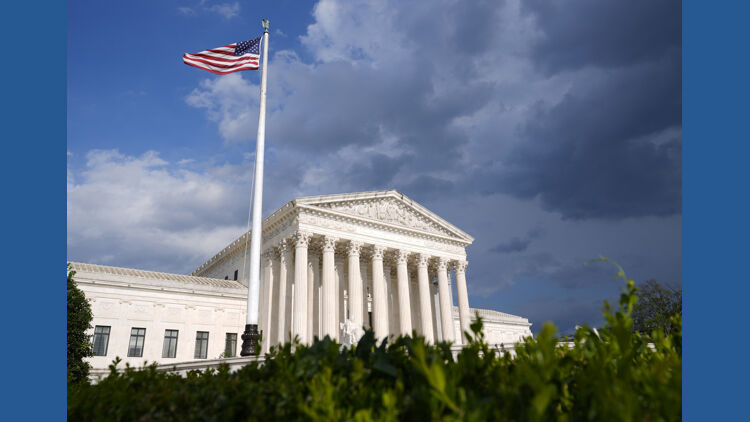Heated confrontations and personal attacks: Some Colorado lawmakers extend feuds to social media
“Take it outside” took on a new meaning this year, when several policy fights sometimes shifted to a murkier, no-holds-barred public platform with a wide reach — social media, which has emerged as one of the primary tools for lawmakers to engage in pitched battles and sometimes personal attacks.
While social media has provided lawmakers another avenue to more quickly reach their constituents, it has also directly affected how a few lawmakers interacted with each other inside their chambers, feeding a loop that led some to physically avoid people and even take their names off of bills.
Over the years, lawmakers have significantly increased their presence on social media platforms, such as X, Facebook and TikTok. A Pew Research study estimated that since 2015, lawmakers have been posting more on social media than introducing bills in Congress. This shift in communication channels has revolutionized their outreach and significantly affected how legislative activities are conducted.
The 2024 Colorado legislative session saw its fair share of battles outside the Capitol building. Democrats and Republicans regularly took to X to call out colleagues on the opposite side of the aisle and criticize or respond to posts.
Still, Rep. David Ortiz, D-Littleton, said social media behavior this year was much better than last year, while House Minority Leader Rose Pugliese, a Colorado Springs Republican, said it is an important tool for state lawmakers.
“Social media is an interesting part of our work,” she said. “We communicate with our constituents and even the media.”
During the 2024 session, Pugliese said House leadership agreed not to “police” each caucus’ individual use of social media.
While Pugliese said she is not an avid social media user, she understands members of her caucus use it regularly.
When asked if behaviors on social media can interfere with daily business during a regular session, Pugliese said that has not been her experience.
“We are careful to make sure our caucus knows it should be focused on policies and not the people,” she said. “Focusing on the policy is incredibly important.”
Pugliese said that while there were some disagreements on social media between select House members, she felt the 2024 session was productive and that Democrats and Republicans worked together to pass important legislation.
Ortiz and Rep. Jenny Willford said negative posts and comments on social media can affect in-person relationships, as bills are being debated during the Colorado General Assembly’s 120-day session.
“I know of some (lawmakers) who took their names off of bills because they were afraid of what would be said on social media,” said Willford, a Democrat from Northglenn. “When it comes to the General Assembly, this is a growing issue.”
Willford said as the session went on, she herself would purposely avoid in-person interactions with some lawmakers. Ortiz said there were instances where he even avoided members of his own party because of online activity, noting he would use a go-between person to manage bill discussions.
Days before the end of the session, a group of Progressive Democrats sought an off-the-books meeting with their leaders on May 4. The Democrats questioned leadership’s slow-walking of some of their bills and accused Republicans of bullying them on social media.
One of the Republicans named in the May 4 meeting was Rep. Brandi Bradley, the Roxborough Republican who is vocal in the chamber and active on social media, regularly sharing her views on votes and behaviors of Democrats.
Bradley defended her social media activities, telling Colorado Politics that using X is an “excellent” way to reach constituents and generate conversation.
“I have been told to put policy over people,” Bradley said. “I literally just wrote how people voted. I did not attack anyone other than their policy. I think the media does not report our side (Republicans), so how else do we get our voice out there?” she said.
One disagreement with Democrats occurred on April 22, when Bradley called out Willford in a post, saying she fights for “pedophiles, trans felons to hide behind name changes, kids to change their names behind parents’ backs, no parental rights, stripping all of your TABOR refunds, increased property taxes, taking away 2A rights, stripping first amendment rights, and criminals getting decreased penalties.”
Willford shot back at Bradley on April 24, saying, “I suppose that when you have zero power, the only thing you can do is be a bully and tear other people down. My mom used to tell me that a person who wants to hurt you with their words — is hurting inside. Be well, Rep.”
Willford said the attacks were personal and, because of this specific post, she received death threats, calling X one of the “darkest places” in social media.
“Those threats took an emotional toll on me,” Willford said. “It escalated in a way that it should never have been. It’s not about policy. It is personal when you post someone’s picture. It’s just ugly.”
Ortiz said that, while trying to avoid posting on social media, this year, he only got involved in defending fellow lawmakers. He also believes he could work harder to be more civil online.
While House Speaker Julie McCluskie did not return Colorado Politics’ call for comment, she pleaded with her fellow caucus members on May 4 to “show up on social media at the level of respect and civility that we’re expecting of our colleagues, even if they fail. And they have been awful.”
Besides Willford, Bradley also got into several disagreements with Democratic Rep. Elizabeth Epps, who has had her share of disruptive behavior, notably during a special session in November, when she joined pro-Palestinian protesters in the gallery and called fellow lawmakers “fascist.” That action resulted in a reprimand from McCluskie, who, in a sternly-worded warning, said such actions in the future could lead to more serious consequences.
On April 8, Epps, who did not respond to a request for comment, posted on X to Bradley, “I’m right here. And unlike you, I’m sober at work.”
Bradley responded, “It will be a cold day in hell before I ever speak to you. A handwritten note after you lied about me drinking on the job. Pretty sure that even though you still haven’t passed the bar, you know what defamation is.”
“No girl, that ship has sailed,” Bradley added.
When asked if she had gone too far posting on social media during the 2024 session, Bradley said she was only sorry for one post. Besides that, Bradley said she stands by her actions and believes she has a right to point out how Democrats and other lawmakers are voting on policy.
During the session, Willford took a shot of her own, calling out Rep. Ryan Armagost, a Republican from Berthoud. In an April 14 post, Willford said, “A House colleague just said that the few mass shootings that happen in America are glorified and are only used for clickbait. Oof. Wondering if he lives in a cave or an alternate America. It’s the guns, Ryan. Wake up.”
Armagost responded to the X post, saying, “This um ‘legislator’ that lives off of the lobby (not actual factual information or statistics) wants to run her mouth in a space that she has absolutely zero knowledge or sense within.”
When asked about her behavior, Willford said, “Were there tweets I should not have sent? Absolutely,” adding that platforms like X are completely “unfiltered” and can be tough to ignore even though she had been advised to do so.
Ortiz and Willford said they believe House leadership should review 2024 policies and possibly develop a guide for lawmakers in future sessions.
Ortiz said so much progress was made in 2024 to build bridges, compared to last year’s session, where bipartisan efforts had been minimal. Ortiz said he would like to see that progress extend on social media.











